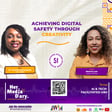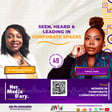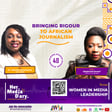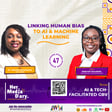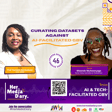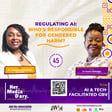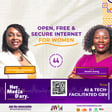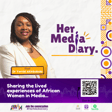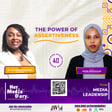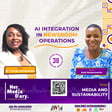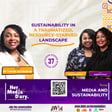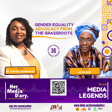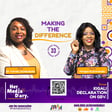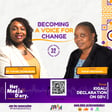
Her Media Diary Episode 22: "Gender Equality Advocacy Through Media Monitoring” with Dr Sarah Macharia
Dr Sarah Macharia is a gender equality champion, women’s rights advocate, and the global coordinator of the Global Media Monitoring Project (GMMP), which is the world’s longest-running initiative focused on researching and promoting gender equality in media.
This episode unpacks the slow pace of change despite extensive efforts in advocacy and training, and the need to embrace incremental progress. From Dr Macharia's personal journey, rooted in her mother's resilience and advocacy, to her professional insights on the pervasive gender biases in media and technology, this conversation is a testament to the power of resolve and the importance of collective efforts.
Subscribe to Her Media Diary now on your favourite podcasting platform.
Learn about African Women in Media at https://africanwomeninmedia.com
List of Organisations/Resources to Support Gender Researchers/Scholars
§ Gender Identity Research and Education Society (GIRES)
§ International Center for Research on Women
§ European Institute for Gender Equality
§ UN Women
§ Forum for African Women Educationalists (FAWE)
University Policies and Grievance Procedures (Available in different tertiary institutions).
